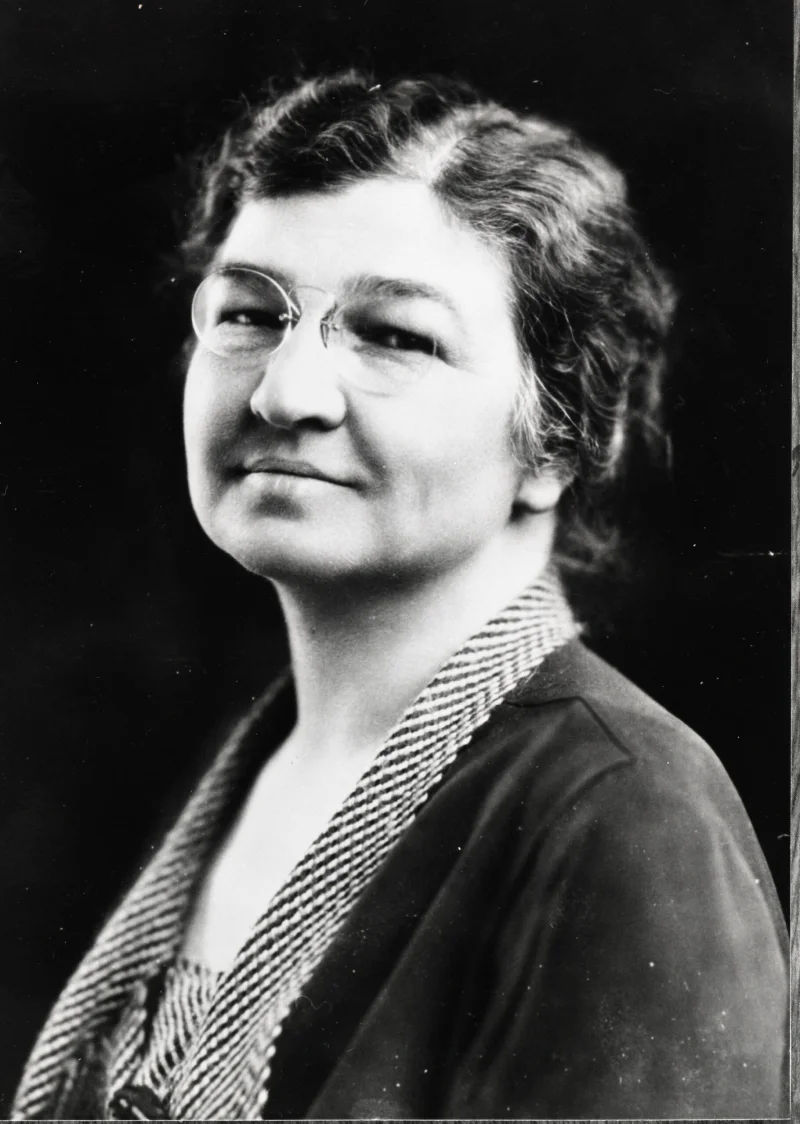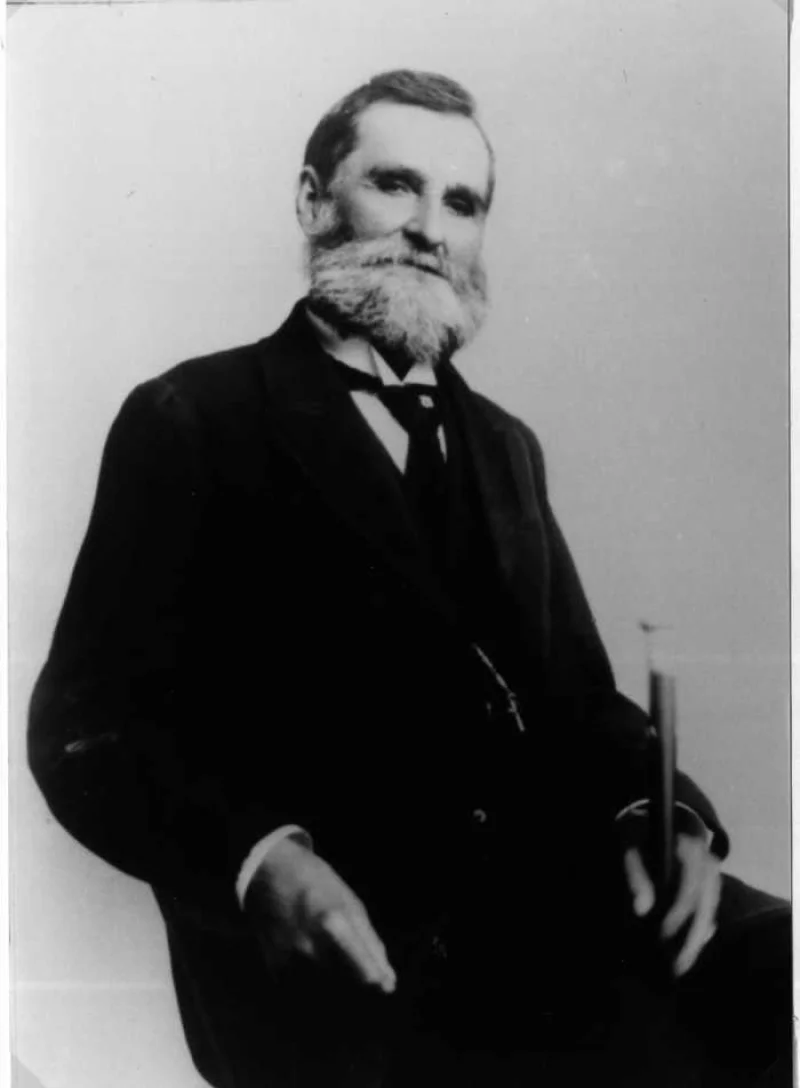Short Summary
Alfred Binet was a pioneering French psychologist best known for developing the first practical intelligence test, which laid the groundwork for modern IQ testing. His work revolutionized the field of educational psychology by providing a method to assess individual mental abilities scientifically. Binet's contributions have had a lasting impact on psychology and education, influencing the way intelligence is understood and measured globally.
Early Life & Education
Born on July 8, 1857, in Nice, France, Alfred Binet was the only child of a physician and an artist. After his parents separated, he moved to Paris with his mother, where he was exposed to a rich intellectual environment. Binet initially pursued a law degree at the University of Paris but later shifted his focus to psychology, driven by his interest in the human mind. His early influences included studies in natural sciences and the works of renowned psychologists such as John Stuart Mill and Jean-Martin Charcot, under whom he studied at the Salpêtrière Hospital.
Career Highlights
Binet's career in psychology began at the Salpêtrière Hospital, where he conducted research on hypnosis and hysteria. In 1890, he joined the laboratory of experimental psychology at the Sorbonne, becoming its director in 1894. His most significant work emerged in 1904 when he was commissioned by the French Ministry of Education to develop a method for identifying students needing special educational assistance. This led to the creation of the Binet-Simon scale, the first practical intelligence test. Binet's career was marked by his dedication to understanding the complexities of human intelligence and his innovative approach to psychological assessment.
Major Achievements
- Developed the first practical intelligence test, the Binet-Simon scale, in 1905, which laid the foundation for modern IQ testing.
- Established the first psychological laboratory in France at the Sorbonne, advancing experimental psychology.
- Authored numerous influential works on child psychology and intelligence, contributing significantly to educational psychology.
Famous Quotes
- "Intelligence is what you use when you do not know what to do."
- "A few modern philosophers... assert that an individual's intelligence is a fixed quantity, a quantity which cannot be increased. We must protest and react against this brutal pessimism."
Interesting Facts
- Binet was largely self-taught in psychology, having initially studied law at university.
- His intelligence test was originally intended to identify children needing help in school, not to label them permanently.
- Binet's daughters were among the first subjects he studied in his research on intelligence.
Legacy / Influence
Binet's development of the first practical intelligence test has had a profound and enduring impact on both psychology and education. His work established the concept of measuring intelligence in a structured and scientific manner, influencing subsequent psychological testing and research. Binet's insights into the variability and malleability of intelligence continue to shape educational practices and the understanding of human cognitive abilities.
FAQ
Q: Why is Alfred Binet famous?
A: He is famous for creating the first practical intelligence test, the Binet-Simon scale.
Q: What was the purpose of the Binet-Simon scale?
A: It was designed to identify children who required additional educational support.
Q: Did Binet believe intelligence was fixed?
A: No, he believed that intelligence could be developed and improved through education and practice.











